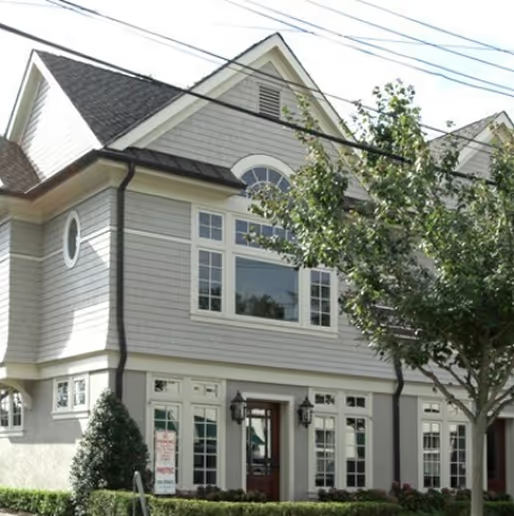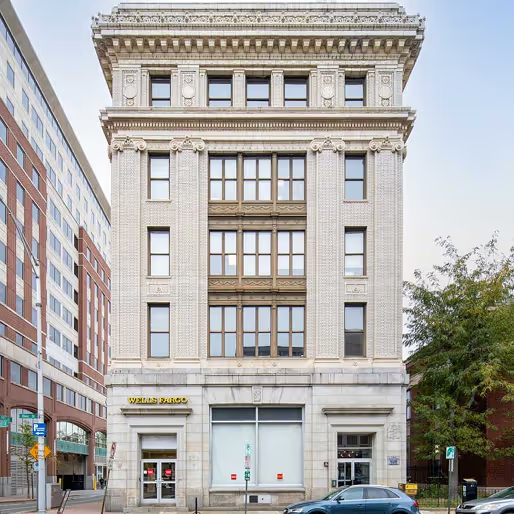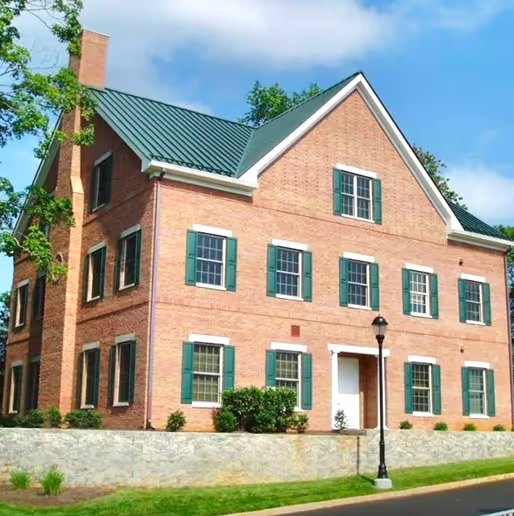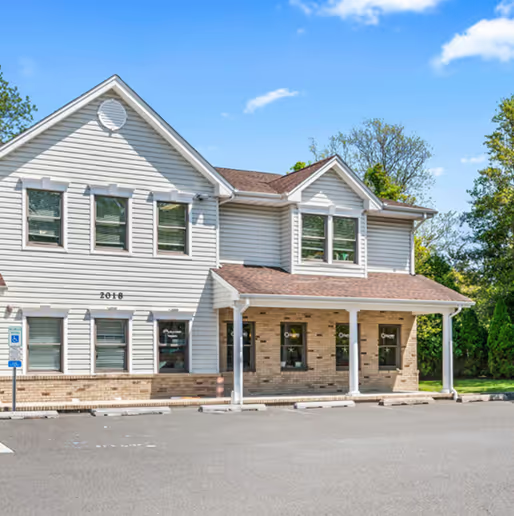

Continuous Care, Constant Connection
Mental health treatment built around what matters most to you.

20+ licensed practitioners creating a holistic and personalized experience across our 4 locations.

The Navesink Network
Find your path to wellness in New Jersey
You deserve mental health care that truly works for you. That’s why we’ve created four welcoming locations across New Jersey, each designed with you in mind and staffed by clinicians who genuinely care about your journey.
At NWC, we’re here to help you move forward. Whether you’re feeling stuck, overwhelmed, or ready for change, our compassionate, evidence-based approach helps you gain clarity, overcome barriers, and create lasting transformation.

The Navesink Connection
Your life happens in real time. So does our support.
Challenges don't wait for your next appointment—and neither should your care. Through our Mindstream WellnessTM App, you stay connected with your clinician between sessions. Journal your experiences, share insights, and receive personalized feedback that keeps you moving forward. It's continuous, responsive support designed for the way life actually happens.
The Navesink Difference
World-class therapists, NWC-trained
Every therapist at NWC completes our unique training program—going beyond traditional clinical education to deliver care that's expertly crafted around you.





The Navesink Experience
Expert guidance for your mental and physical well-being.
Our clinicians are dedicated to building a true partnership with each client. From your first visit, we work to understand your individual needs and provide tools to help you make lasting changes.
Support doesn’t stop when your session ends. Through our Mindstream WellnessTM app, you can maintain a secure, HIPAA-compliant connection with your clinician.
We aim to create a consistent, compassionate presence in your life. Our comprehensive approach means you have access to everything you need under one roof—all working together to help you find resilience and growth at every turn, in sessions and beyond.
Nikki P. Woods, MSW, LCSW
Founder, NWC & Mindstream

"Prioritizing your mental wellness is not a luxury, it’s a vital act of self-care that fuels resilience, clarity, and the strength to navigate life’s challenges with grace."






_logo%202.svg)
Contact Us
Expert guidance for your mental and physical well-being.
At Navesink Wellness Center, we believe that exceptional mental health care goes beyond the traditional therapy session.
Recent Articles & Resources






%205.avif)



